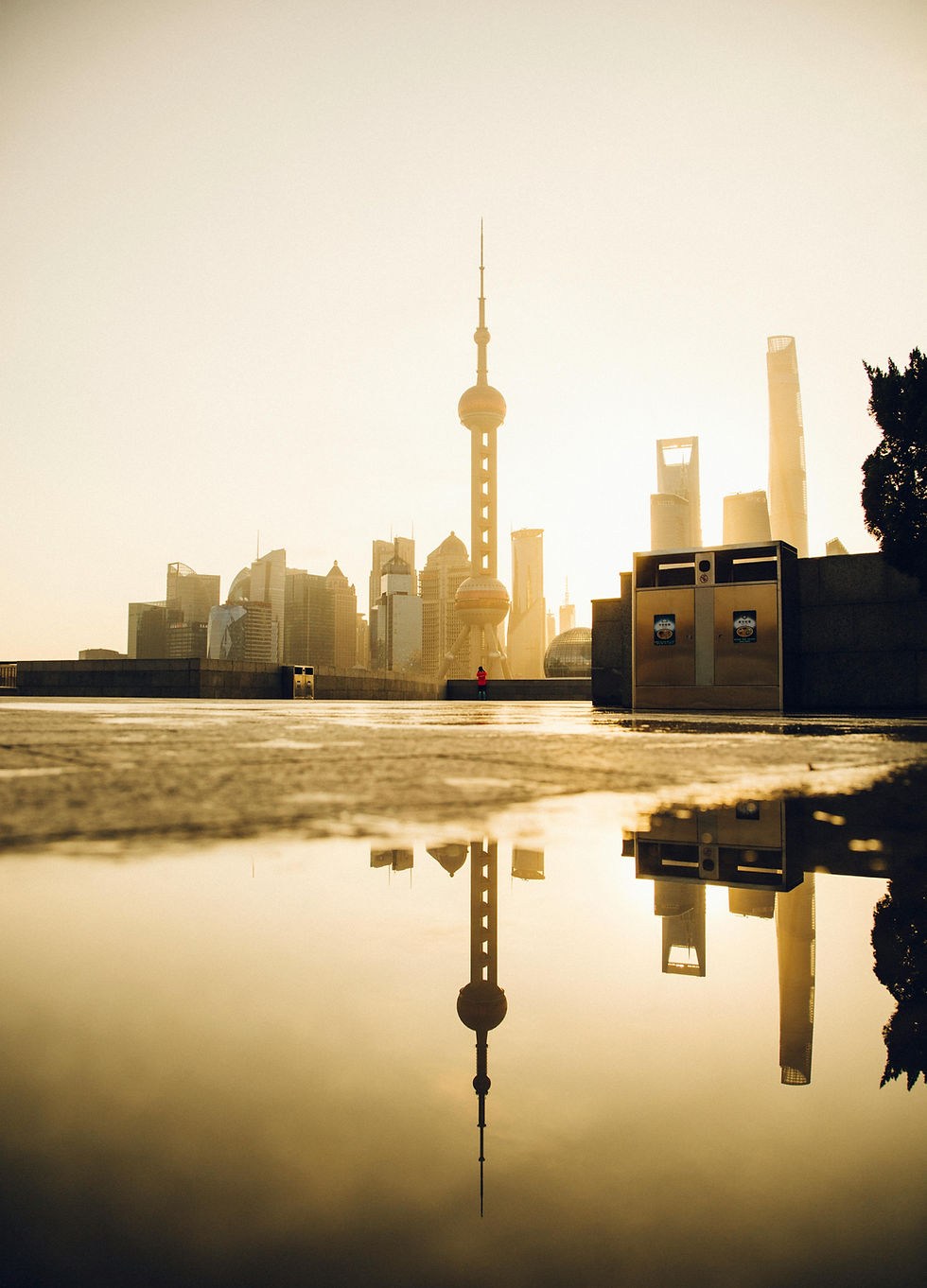How The Martian can teach us something about ourselves and the climate crisis
- Citizens' Platform

- Sep 30, 2025
- 3 min read
By Alberto Sclaverano
Ridley Scott is among the most well-known living film directors, whose rich filmography includes films such as Thelma & Louise (1991) and Gladiator (2000). The Martian (2015) was his most successful movie to date in terms of global box office. But, apart from being a crowd-pleasing sci-fi adventure movie for spectators of every age, it can have something serious to tell us all. And I think that, if we listen carefully to its core message, it offers something important regarding the climate crisis too.
In the movie, astronaut Mark Watney (played by Matt Damon) lost contact with the rest of his crew after a heavy dust storm enveloped them while they were conducting research on Mars. The film is set in a near future (2035), and it is scientifically very accurate. When Mark is presumed dead, the crew leaves the planet, but he is in fact alive. When they discover the truth, they are already in space, coming back to Earth. Mission commander Melissa Lewis (Jessica Chastain) and the others, assisted by NASA, start a race against time to come back to Mars and save Mark.
In the meantime, he needs to find ways to survive on the arid, hostile surface of the red planet, while the majority of the technical instruments have been destroyed and the base is damaged.
Like a modern Robinson Crusoe, Mark uses his ingenuity to fight against adversity. Being a botanist, he succeeded in cultivating potatoes after having built an artificial greenhouse inside the Mars base, exploiting the crew's bio-waste as fertilizer and distilling water from remnants of rocket fuel. He is helped both by NASA through video communication and by the China National Space Administration (CNSA), which succeeded in resupplying him temporarily.
Based on the novel The Martian (2011) by Andy Weir, essentially a modern-day, hard science-related take on Daniel Defoe’s Robinson Crusoe, the movie marked a transition in Scott’s approach to science fiction, one of his favorite genres. From a grim vision of the future, when humans are bound to be victims of hostile AI and dangerous alien life forms (Alien, 1979, Blade Runner, 1982, Prometheus, 2012), Scott passes to a more optimistic one, when humankind's ability in problem solving and the cooperation between different groups of people can create hope and salvation.
It’s a movie that celebrates what humans can achieve together, an important message in a time when divisions and wars seem to be spreading more and more. But, in my opinion, The Martian features a message on climate change and the respect of nature and the environment. While on Earth humans polluted the ecosystem, in the sterile lands of Mars, Mark Watney needs to learn to squeeze every little piece of available resources to grow plants and to create and recycle water.
While in the form of an extreme “survival tale”, the movie gives us a powerful reflection on the importance of economizing resources and using our skills to help the environment produce life, instead of destroying and polluting it.
What remains in the end, alongside the great spectacle of the special effects and of the 3-D cinematography, is a message of peace and coexistence among humans, and an invitation to put our collective intellects and scientific knowledge into play for the common good. An important, meaningful theme, given the dark times we are living through.









Comments